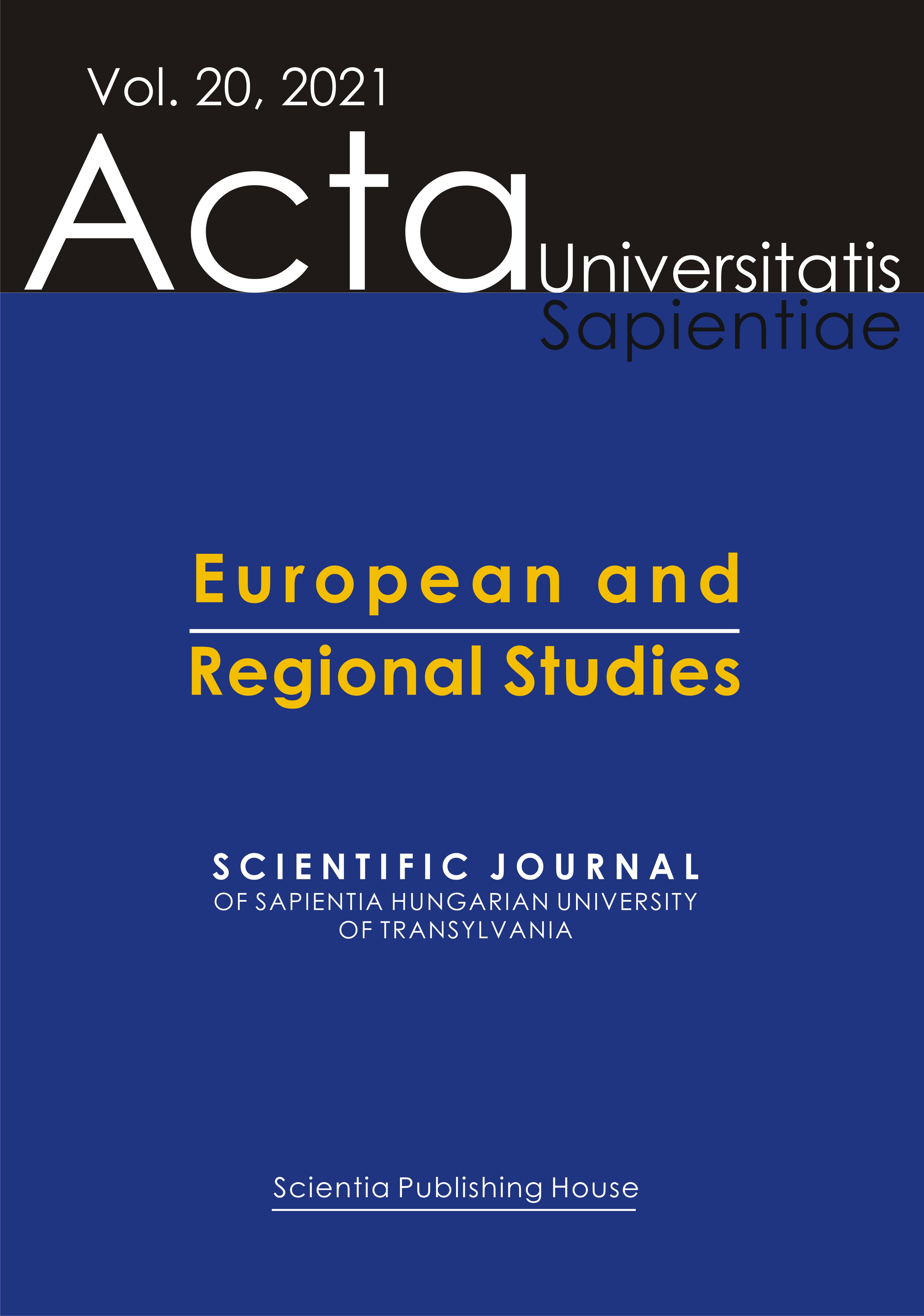The Use of Language in the Making of Romanian Nationalism from Dimitrie Cantemir and Mihai Eminescu to the Iron Guard and National Communism
The Use of Language in the Making of Romanian Nationalism from Dimitrie Cantemir and Mihai Eminescu to the Iron Guard and National Communism
Author(s): Lucian TionSubject(s): Cultural history, Local History / Microhistory, Political history, Social history, Sociolinguistics, Nationalism Studies
Published by: Scientia Kiadó
Keywords: nationalism; fascism; Romania; Eminescu; Cantemir; Codreanu; communism; Iron Guard; Ceauşescu;
Summary/Abstract: This article explores the role that language played in the development of national identity in Romanian cultural discourses from the writings of Dimitrie Cantemir in the 18th century to those of Mihai Eminescu in the second part of the 19th century. The article also makes use of the theories of Daco-Roman continuity and the theory of Latin descent. Seen in relation to the Latinization of Romanian that occurred in the 18th and the 19th centuries, these concepts are considered as contributing to the emergence of the so-called Romanian exceptionality. Cantemir’s and Eminescu’s writings are analysed in relation to the rise of fascism in interwar Romania as well as to the transformation of internationalist communism into nationalism after the purges of the 1950s and the re-orientation of the Romanian socialist regime towards the Right. The use of language for political purposes is ultimately considered as one of the elements that contributed to the hold that fascism and nationalism had on the Romanian psyche, so much so that nationalism survived (and was indeed boosted) throughout the socialist period and into post-socialism. The article concludes that this has contributed to the ongoing identity crisis of the national self-image and will continue to do so in the 21st century.
Journal: Acta Universitatis Sapientiae, European and Regional Studies
- Issue Year: 2021
- Issue No: 20
- Page Range: 63-92
- Page Count: 30
- Language: English

